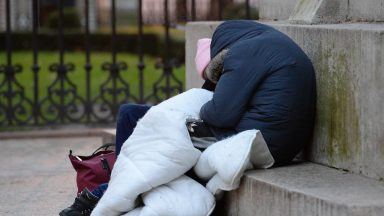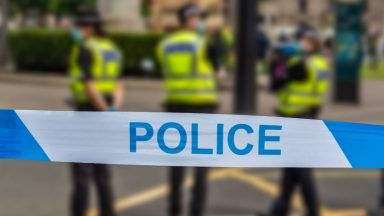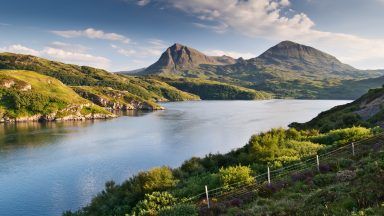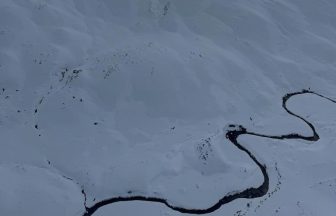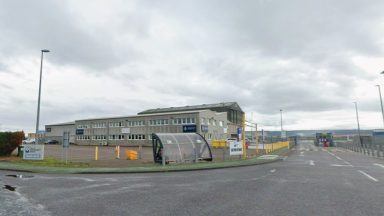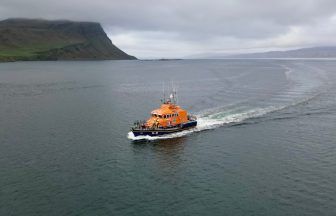Three northern bottlenose whales have stranded and died in the Orkney Islands.
The animals were discovered on a rocky shore of Papa Westray, one of Orkney’s northernmost islands.
A stranding surveillance team based at the University of Glasgow are investigating the strandings.
“We have been attending the stranding of three bottlenose dolphins on Papa Westray and investigations are still at a very early stage,” Dr Andrew Brownlow, director of the Scottish Marine Animal Stranding Scheme (SMASS), said.
He added that bottlenose whales are known to be “sensitive” to the impacts of disturbance from underwater noise, but it is not yet possible to say for certain what led to this stranding.
“We can tell from initial examinations that the animals were all male and may not have fed in a number of days, possibly contributing to their stranding,” Dr Brownlow said.
“While we do not yet know for sure why these particular animals stranded, we know this species are deep-divers, whose usual habitat is the deep ocean, and although it is not unheard of for this species to mass strand like this, it is not usual.”
The latest report comes nearly one year after one of the biggest mass stranding events in decades.
Last July, 77 pilot whales were discovered high up on the isle of Sanday after being stranded for several hours.
Only 12 of the whales were found to still be alive, but the decision was later taken to euthanise them due to their condition deteriorating from the hours they had spent stranded on the beach, resulting in crush injuries from their own weight.
In July 2023, there was another mass stranding of pilot whales in the Western Isles where 55 pilot whales, ten of which were still alive, had became stuck at Traigh Mhor beach in the North Tolsta area of the Isle of Lewis.
Dr Brownlow said: “July is increasingly becoming a problematic month from strandings in Scotland, suggesting our waters are changing, impacting the wildlife within them.
“Although strandings are tragic events in their own right, we can learn from them in terms of the species, the individual animals, and what might be impacting them in our waters.”
Follow STV News on WhatsApp
Scan the QR code on your mobile device for all the latest news from around the country


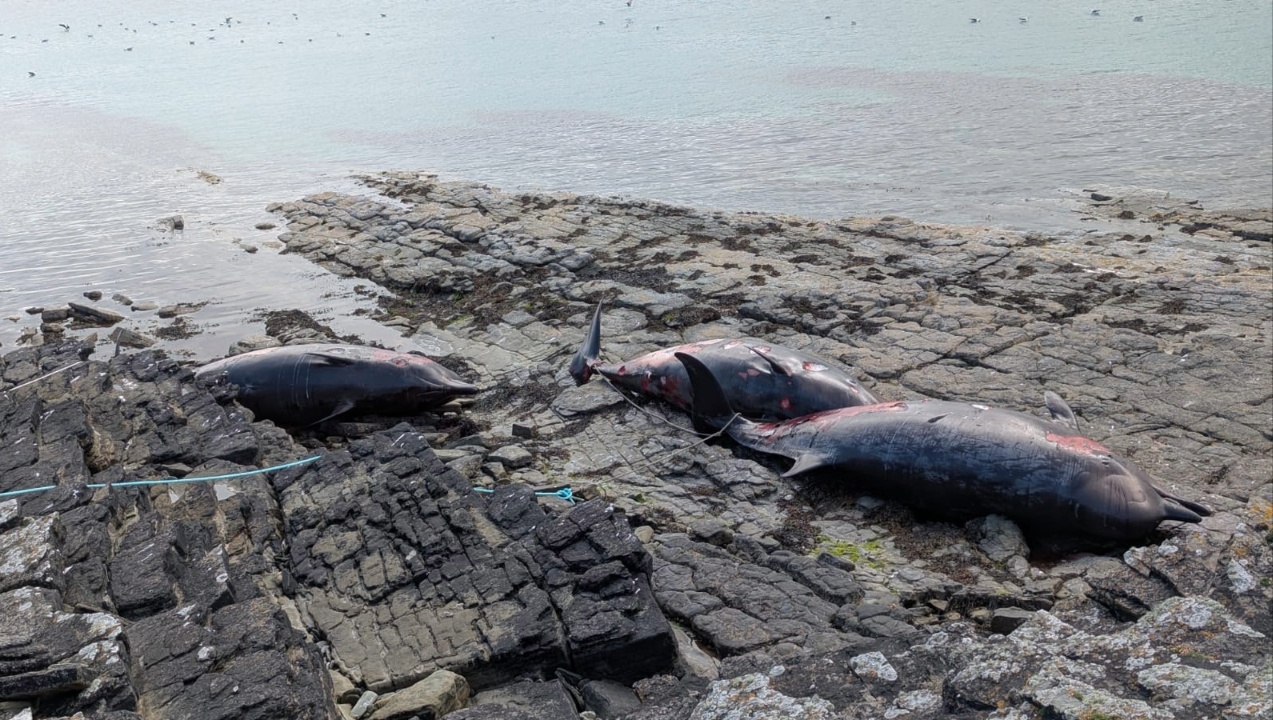 Scottish Marine Animal Stranding Scheme (SMASS)
Scottish Marine Animal Stranding Scheme (SMASS)






